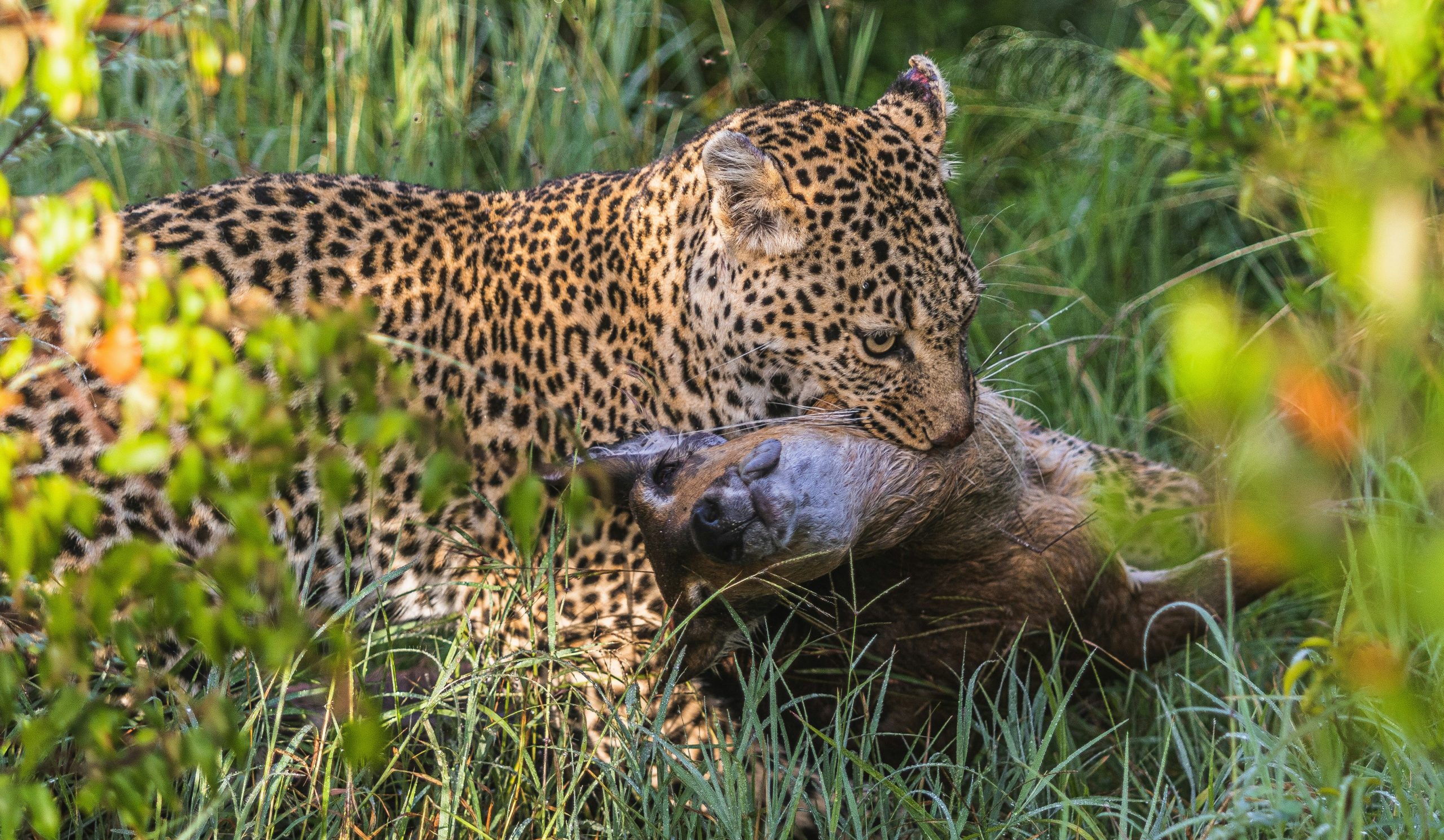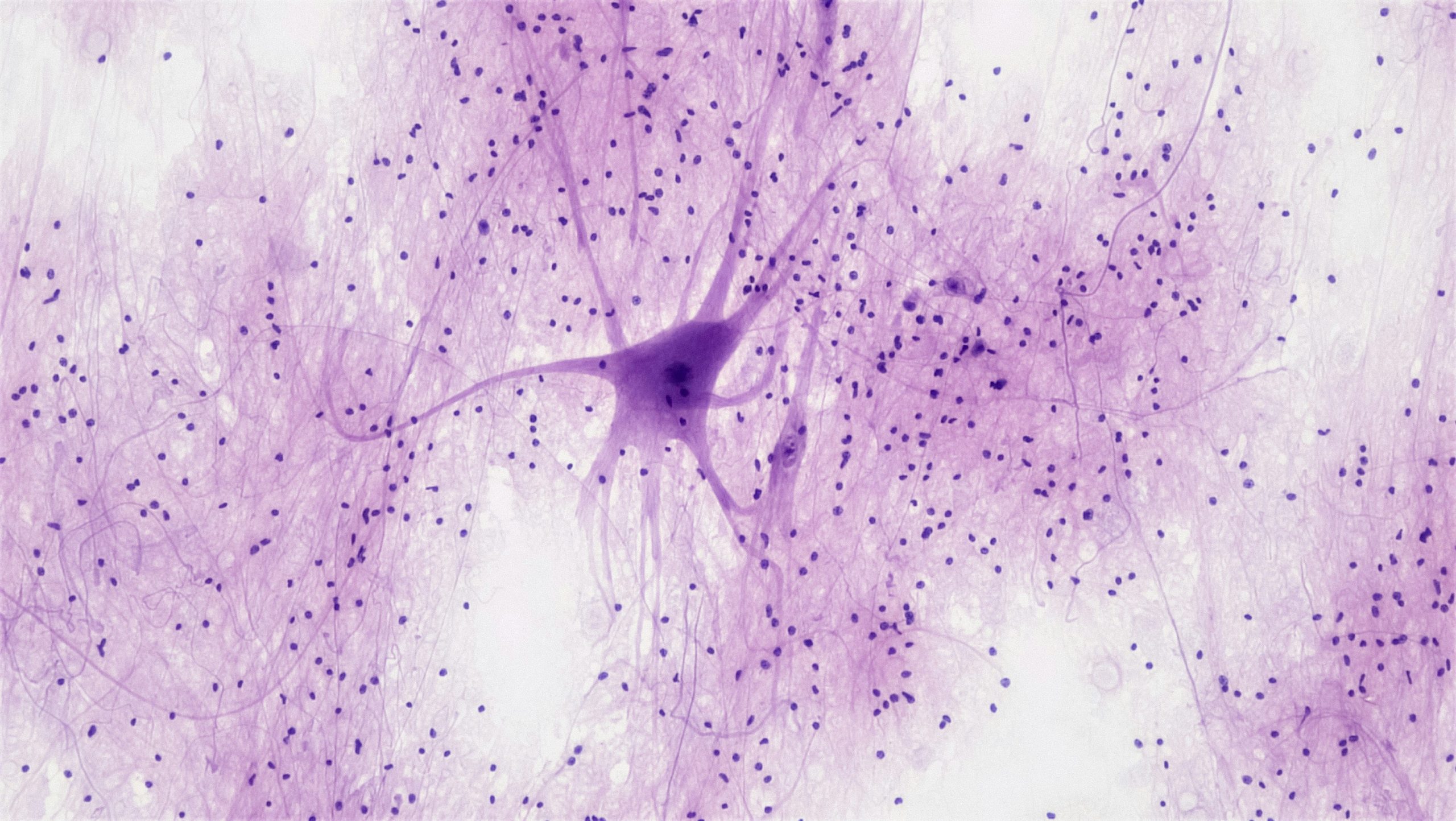Runner-up of the Hilary Term 2020 Schools’ Writing Competition
Rulan Zhang, Year 12, Berkshire
Stephen Hawking, arguably the greatest physicist of our time once said: ‘I don’t think the human race will survive the next thousand years, unless we spread into space. There are too many accidents that can befall life on a single planet. But I’m an optimist. We will reach out to the stars.’
What is most notable about this statement is not his opinion but rather his submissiveness of the Earth and the human civilisation. After all, there is absolutely nothing to prevent the human race from dying in its cradle, whether the cause is self-inflicted or not.
Yet many people have a false sense of security about the future of the Earth and take their comfortable daily lives for granted. The most common counterarguments to moving to space can be divided into two main categories: uncertainty in space research and a moral obligation to fix our planet. Both these arguments stand on a single fact: that there will always be an Earth for us to fix.
Russian astronomer Nikolai Kardashev was the first to propose a classification system of advanced civilisations in 1964. His ranking had three types: Type I being a civilisation that utilises all the energy of the sunlight that falls on that planet, Type II being a civilisation that utilises all the energy its sun produces and Type III being a civilisation that utilises the energy of a galaxy. Humans are presently ranked as a Type 0.7 civilisation. This ranking demonstrates just how primitive humans are in comparison to other civilisations that could exist in the universe.
The truth is humans know close to nothing about how the universe operates and what our place in the universe is. Staying on Earth is in fact, just as uncertain as spreading into space and our moral obligation should actually be to ‘preserve the light of consciousness and extending life to other planets.’
The key to the duty and preservation of our species lies not to solving climate change (although space research will, as it happens, contribute to that too) but to reaching out of our planet. Humans are currently the only observable existing life in the universe using our technology. If we assume arrogantly that humans are a result of a freak biological occurrence, this means that humans are ultimately, not only responsible for the survival of our species but the survival of life itself. This essentially makes us a ‘steward of life duty-bound to ensure its continuance’, making it a moral obligation to preserve life. On the other hand, if we are one among many of intelligent life forms in the universe, it would still be out duty as an intelligent species, or rather, ‘the duty of every intelligent species there may be in our universe to help life flourish.’ The duty and preservation of life, whether it is only for the human race as a species or for life itself in the universe is a moral obligation that trumps all. Moreover, if humans did manage to reach a stage where we could in fact leave the planet and establish spacefaring colonies, it would even be possible to conserve millions of other species on this planet by bringing them with us.
Space research inarguably benefits life on Earth. Knock on effects of space research are already bringing humans new technology and resources, such as with new devices and services, as well as contributing to economic progress, due to its stimulation of private companies and industries. Furthermore, the seemingly vast funding required by space research is only required to give space research its initial impetus. Expanding the human civilisation into space can only mean that these civilisations to be self-sustaining. Scientific research is the engine of prosperity on Earth and space research is both the forefront and is representative of modern scientific research on earth. Humans will inevitably enter a downward spiral if we ever turn our backs on the development of science and technology. Earth turned inward would only yield calamitous results. Arthur C. Clarke, a renowned British science fiction writer, asserted that if humanity were to choose to neglect space research and expansion into space, humans would ultimately have to face cultural and biological stagnation and extinction.
It is our both our moral obligation and in our own interest to focus on space research. Spreading to space will allows us to fulfil out basic responsibility to our species and everything we have worked for during our short time on Earth. At the same time, space research also provides benefits and solutions to the problems on the Earth itself. Perhaps humans were fated to reach for the stars and become a multi-planet species.





